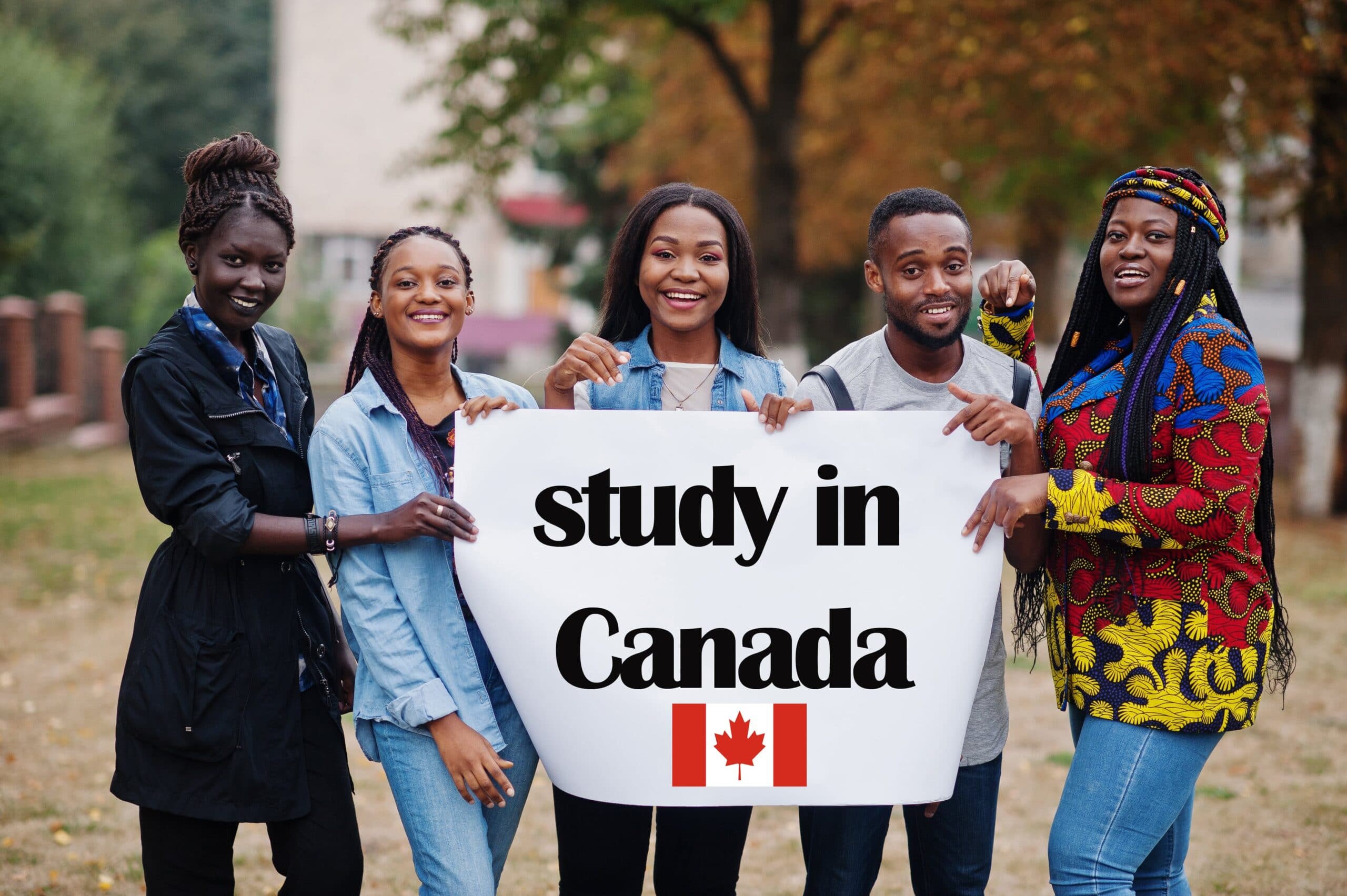The government of Canada has announced a range of international education policy changes that will affect current and future students, graduates, and their families. With the measures, they hope to “stabilise the number of international students in Canada”.
Study permit cap For the next two years, a cap will be placed on the number of study permits that will be granted to undergraduate international students in the country. While specific details of the cap have not been revealed, the government estimates that it will result in the overall number of new permits decreasing by 35 per cent to 360,000 this year. Beyond the national figure, each province and territory of Canada will be affected differently. The cap will be placed most tightly on the areas of the country in which the government feels there is the greatest need for a reduction. Postgraduate students and current permit holders will not be affected by the cap, which will be reassessed and potentially adjusted for 2025.
After this, there are no plans for the limit to be kept in place. Post-graduation work permit changes have also been made around post-graduation work permits (PGWPs). Students who successfully complete a master’s degree – regardless of the length of their course – will soon be able to apply for a three-year work permit. At present, the length of a PGWP is often equivalent to the amount of time spent studying, meaning that this represents a considerable extension for some students. No timescale has been given for when this change will be made. From September 1, however, graduates of private colleges that have been licensed to deliver courses on behalf of a public college will no longer be eligible for a PGWP. Other changes As of today (January 22), most study permit applicants must provide an attestation letter from the province or territory in which they plan to learn. This is a document that serves as proof of enrolment or student status.
All provinces and territories must have a clear process in place for issuing this by March 31. Finally, spouses of undergraduate students will soon become ineligible for an open work permit. From an unspecified point in the coming weeks, only spouses of master’s and doctoral students will be eligible. No such changes pertaining to dependent children have been announced.
What has the government said? Announcing the changes, Minister of Immigration, Refugees and Citizenship Marc Miller said that as “International students are vital to Canada and enrich our communities… we have an obligation to ensure that they have access to the resources they need for an enriching academic experience. “According to Miller, the changes are aimed at protecting Canada’s international education system, while ensuring that the country maintains its ability to support international students effectively. “Through the decisive measures announced today, we are striking the right balance for Canada and ensuring the integrity of our immigration system while setting students up for the success they hope for.”

